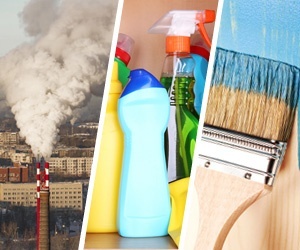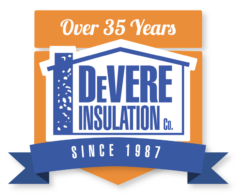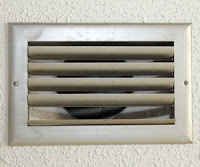
Did you know that the air inside your home may have the biggest impact on your health? When we think of air quality, we most often think of outdoor air. Indoor air may have an even bigger impact. One estimate indicates the average person receives 72 percent of their chemical exposure at home (via The U.S. Environmental Protection Agency/USEPA).
Many things can affect indoor air quality. This can include the materials used in furniture manufacturing, building products in your home, the items you use for home cleaning, and more. Here are some ways you can improve you home’s air quality:
Air sealing – keeping out external pollutants helps maintain your home’s indoor environment. When external pollutants are kept out, your indoor air can be properly tested and maintained. Spray foam insulation effectively seals air leaks and insulates in one step.
Choose low-emitting cleaning products – look for cleaning products, air fresheners, etc. that are made with natural ingredients or are low-emitting products. This will remove/reduce one factor that impacts indoor air quality.
Ventilate your home – After your home is air sealed, having a proper mechanical ventilation system will help remove indoor air pollutants.
Contact our office to learn about how spray foam insulation can help keep out external pollutants, help maintain your home’s indoor air quality, and help reduce your energy bills. We are happy to provide a free estimate.

